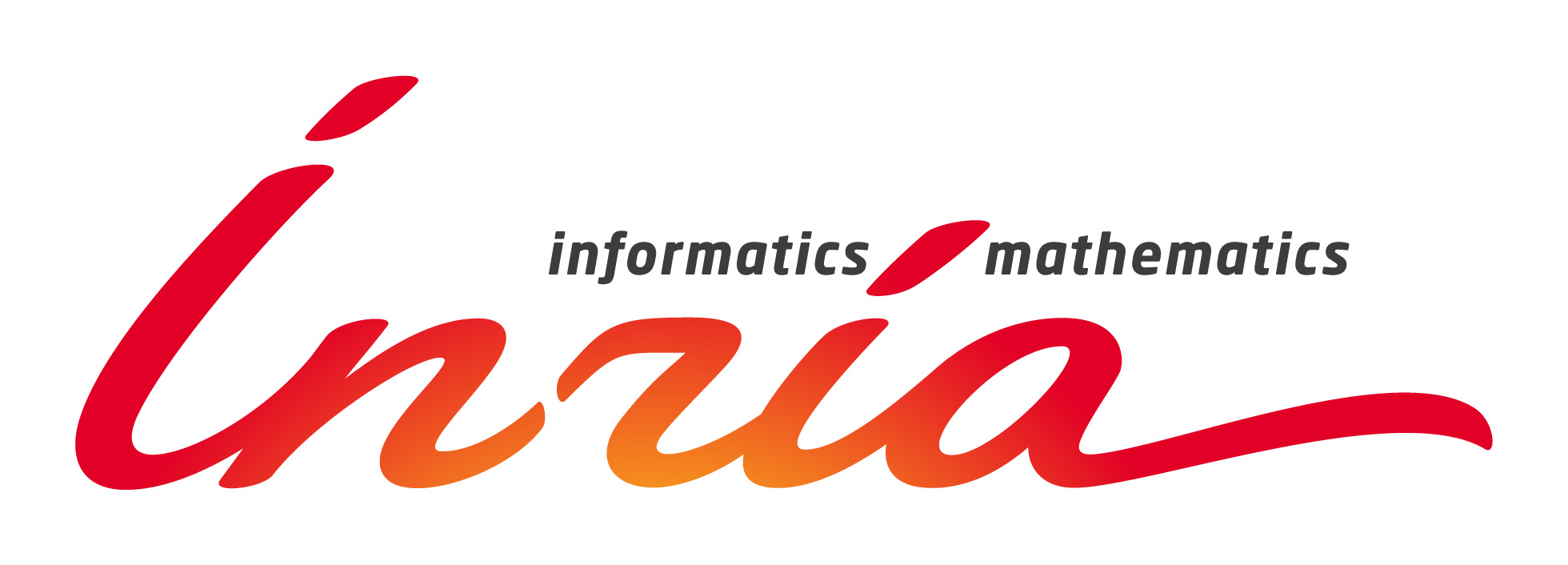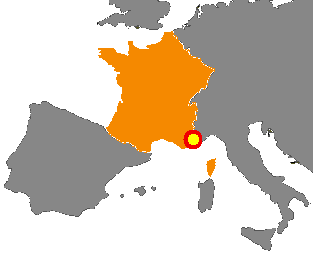Introduction
The project team NeuroMathComp led by Olivier Faugeras is privileged to welcome Professor Professor Paul C Bressloff from University of UTAH on an international Inria chair for a period of 12 months over a period of five years. For this year 2014, Professor Paul C Bressloff will be on the center of Sophia Antipolis-Méditerranée during the months of June and July. He will give a series of six conferences in Neuroscience:
- Molecular motor-based models of random intermittent search
- Breakdown of fast-slow analysis in an excitable neuron with channel noise
- Path integrals and large deviations in stochastic hybrid systems
- Beyond the neural master equation: Stochastic hybrid neural networks
- Wave propagation in heterogeneous neural media
- A neural field model of binocular rivalry waves
The team Neuromathcomp focuses on the exploration of the brain from the mathematical and computational perspectives. We want to unveil the principles that govern the functioning of neurons and assemblies thereof and to use our results to bridge the gap between biological and computational vision.
Our work is very mathematical but we make heavy use of computers for numerical experiments and simulations. We have close ties with several top groups in biological neuroscience. We are pursuing the idea that the "unreasonable effectiveness of mathematics" can be brought, as it has been in physics, to bear on neuroscience.
Computational neuroscience attempts to build models of neurons at a variety of levels, microscopic, i.e. the minicolumn containing of the order of one hundred or so neurons, mesoscopic, i.e. the macrocolumn containing of the order of 104-105 neurons, and macroscopic, i.e. a cortical area such as the primary visual area V1.
Modeling such assemblies of neurons and simulating their behaviour involves putting together a mixture of the most recent results in neurophysiology with such advanced mathematics as dynamic systems theory, bifurcation theory, probability theory, stochastic calculus, and statistics, as well as the use of simulation tools..
Neuromathcomp is a joint project team between Inria (Inria research center Sophia Antipolis Méditerranée), Université de Nice Sophia-Antipolis (JAD Laboratory) and CNRS (LIENS, UMR 8548. LJAD, UMR 6621).
 |
 |
 |
